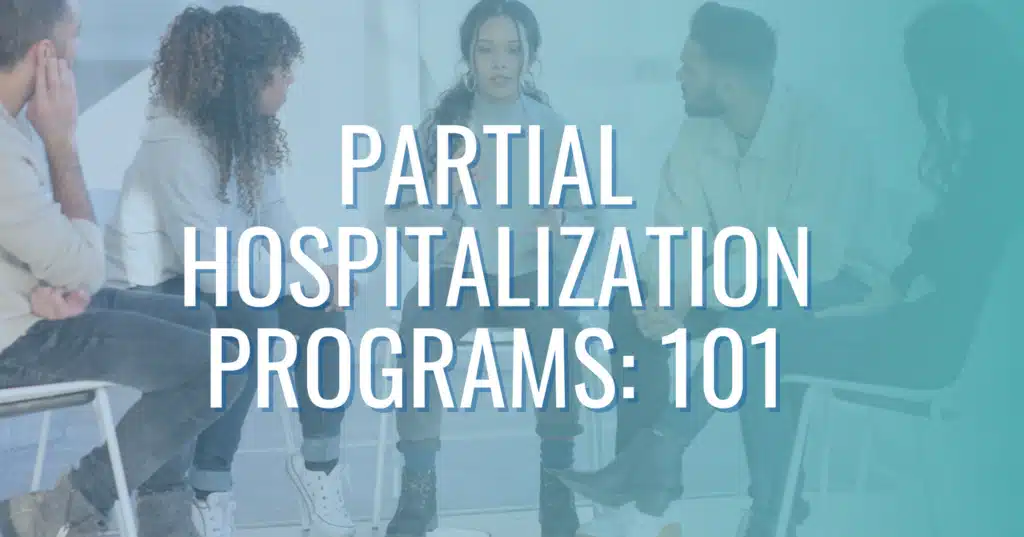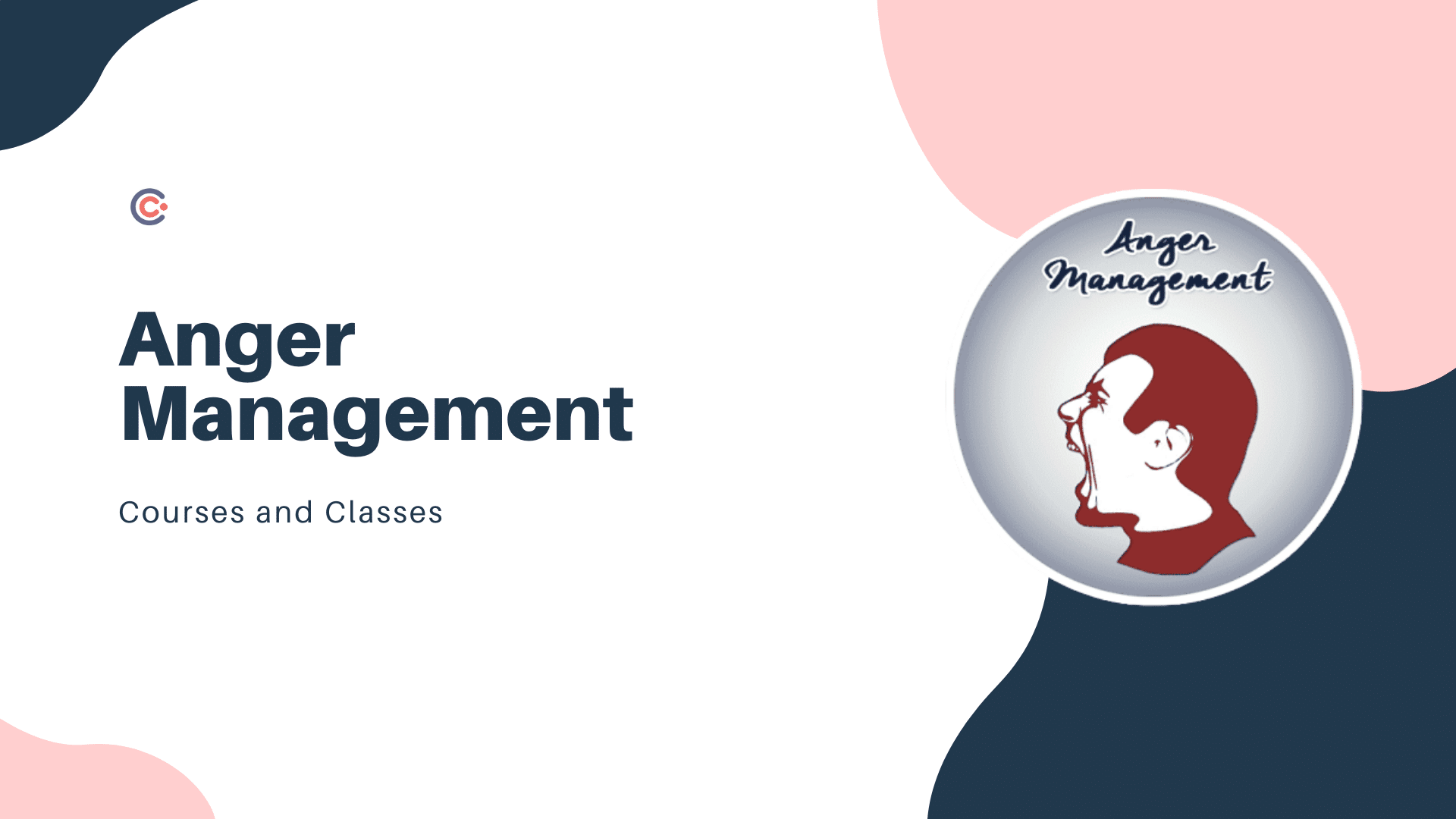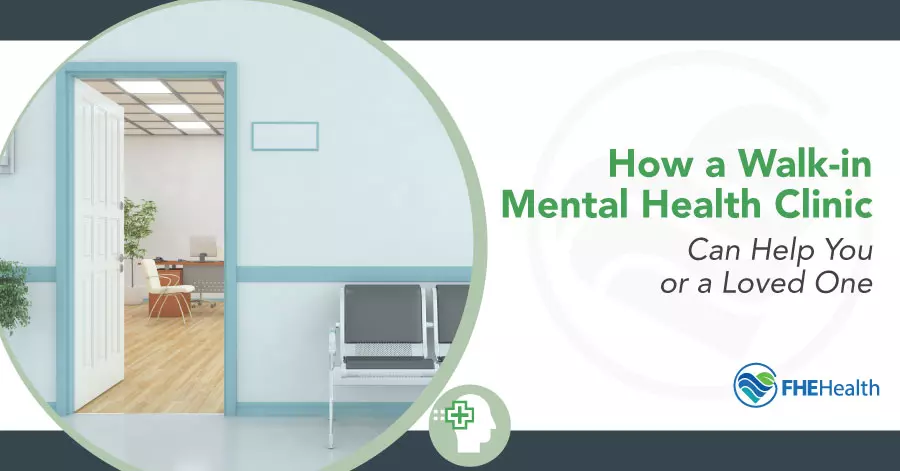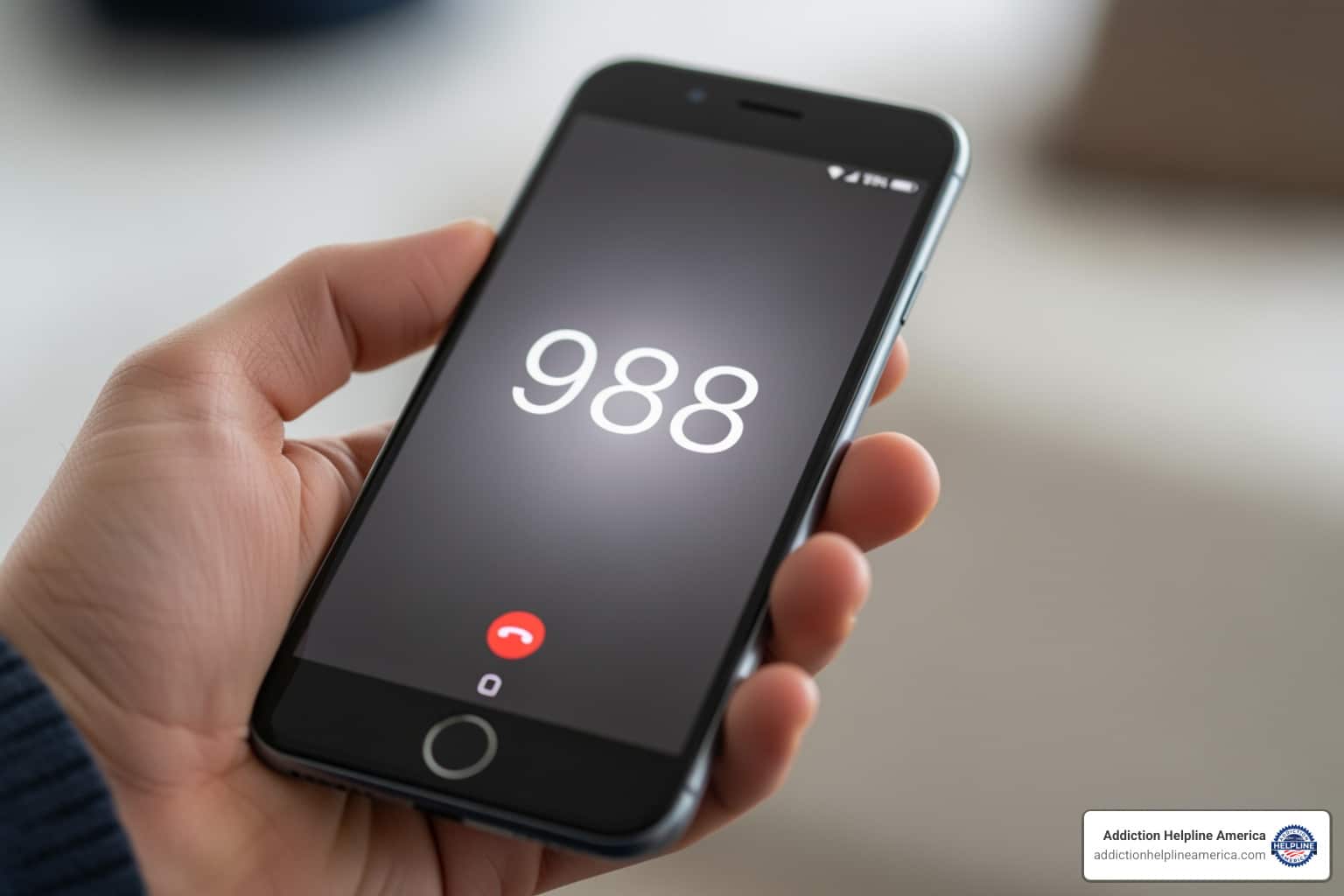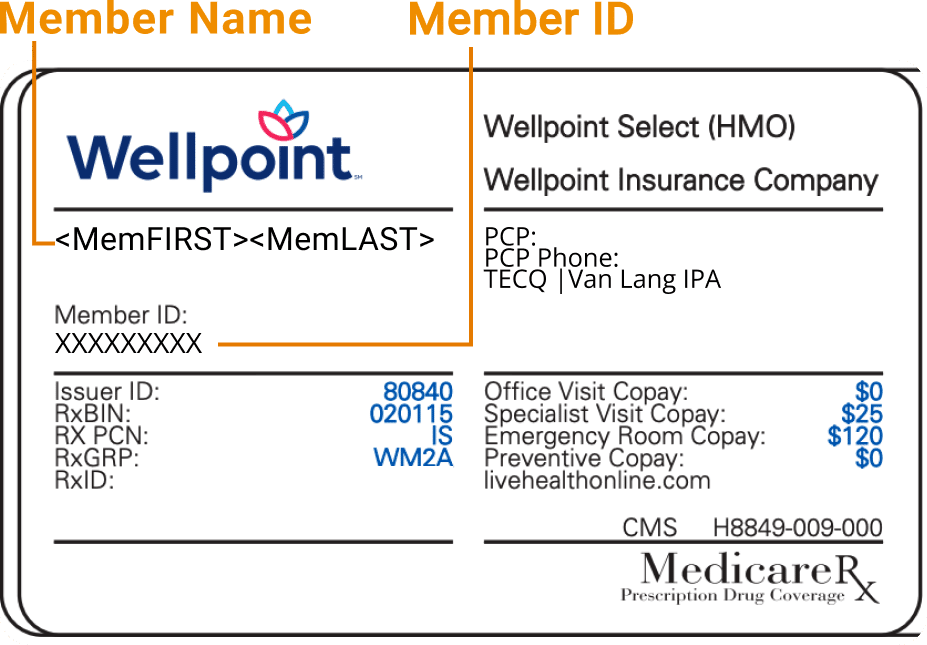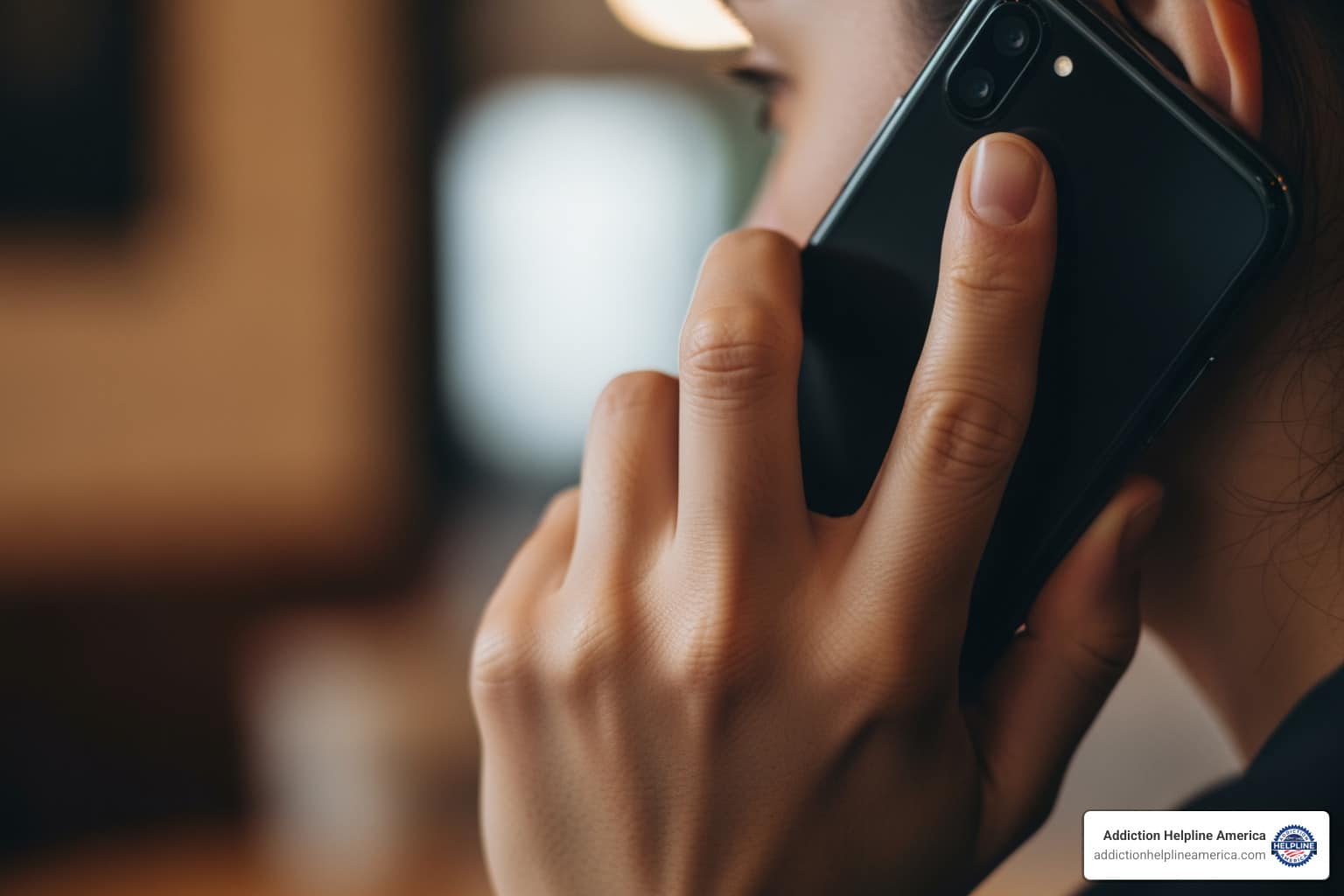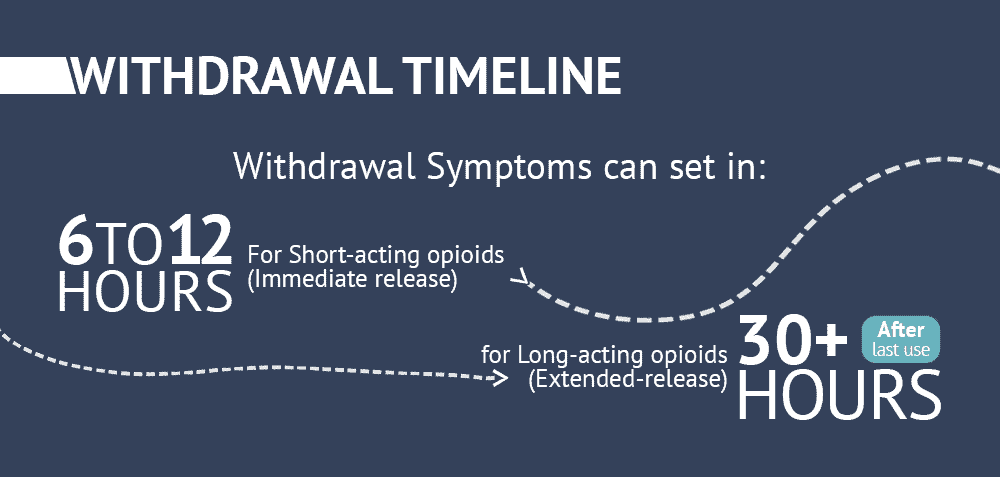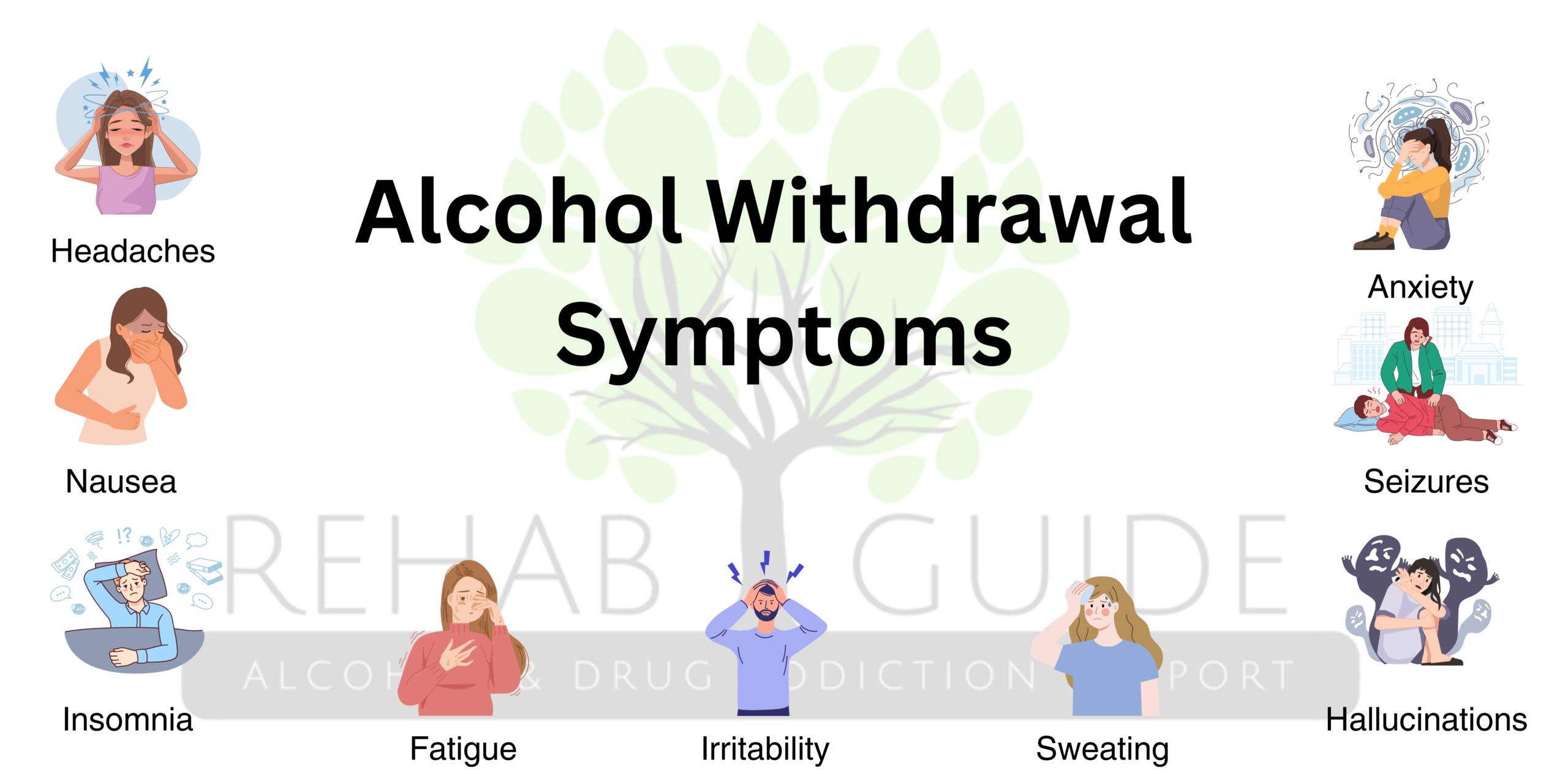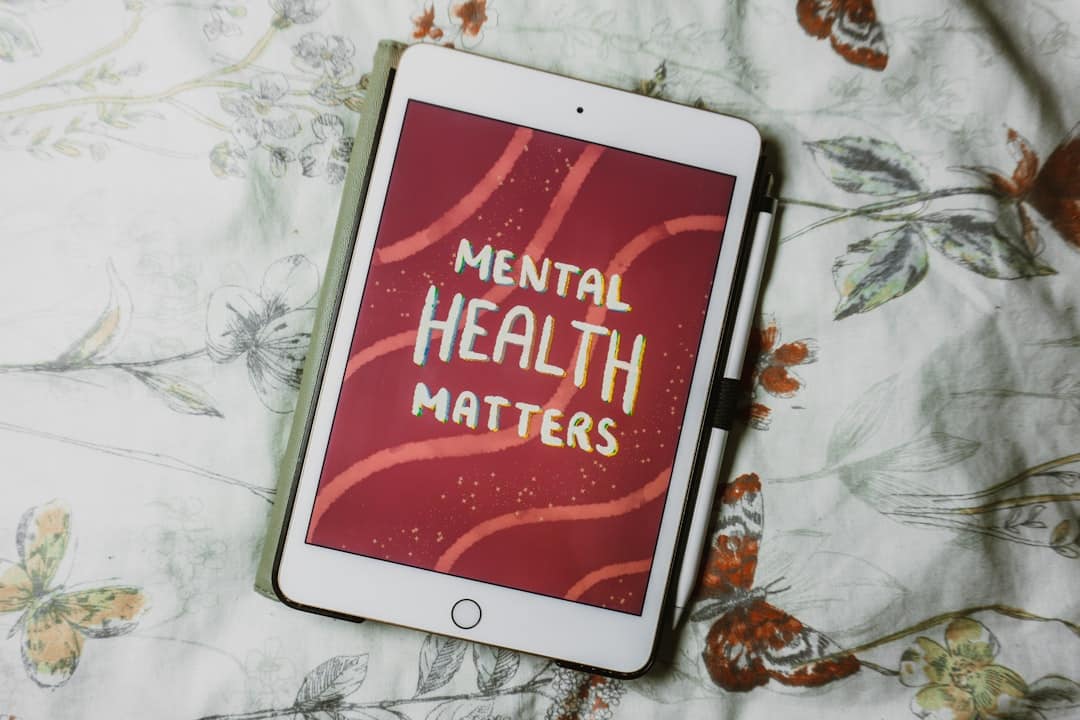
Why Choosing the Right Florida Drug Treatment Program Can Save Your Life
Florida drug treatment programs offer a lifeline to those struggling with substance abuse, but not all facilities provide the same quality of care. Here’s a quick overview:
- Over 700 treatment facilities operate across Florida, offering inpatient, outpatient, and residential options.
- Multiple levels of care are available, from medical detox to intensive outpatient programs (IOP).
- State oversight by the Florida Department of Children and Families ensures licensed facilities meet safety standards.
- Payment options include private insurance, Medicaid, sliding scale fees, and self-pay.
- Specialized programs cater to veterans, LGBTQ+ individuals, adolescents, and those with co-occurring disorders.
- Medication-Assisted Treatment (MAT) is available for opioid addiction through Florida’s CORE Network.
Florida faces a significant addiction crisis, with thousands of overdose deaths annually. Despite the need, a large treatment gap exists. The state’s warm climate and strong recovery communities make it an ideal location for healing, but choosing the wrong facility can waste time and resources, or even put a loved one at risk.
The challenge isn’t finding a treatment center; it’s finding the right one. With hundreds of options, how do you identify legitimate, effective care and avoid red flags?
This guide provides seven essential questions to ask before committing to any Florida drug treatment program. These questions will help you find a facility that prioritizes patient outcomes over profit, making the difference between lasting recovery and relapse.
At Addiction Helpline America, we connect individuals with quality Florida drug treatment programs that fit their unique needs. Our specialists understand the local landscape and offer compassionate, confidential support to help you steer your options.
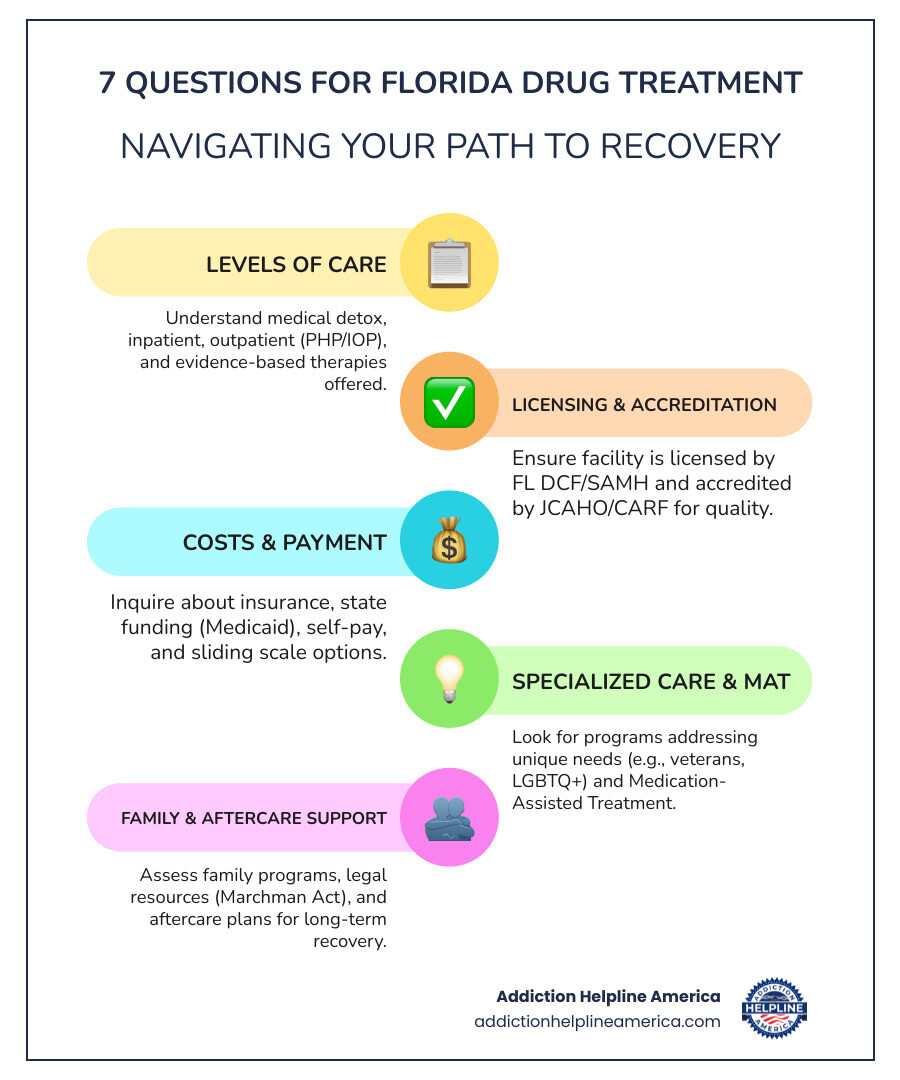
1. What Levels of Care and Treatment Types Are Available?
Effective addiction recovery follows a “continuum of care,” where treatment adapts as you heal. You might start with intensive support and gradually step down to more independent programs. The best Florida drug treatment facilities offer multiple levels of care, ensuring a smooth transition as your needs change.
Medical Detox: This is often the first step, especially for heavy or long-term substance use. Under clinical supervision, medical professionals use procedures and medication to manage withdrawal symptoms safely and comfortably.
Inpatient or Residential Treatment: This immersive level of care involves living at the facility to focus entirely on recovery. It provides 24/7 support in a structured environment, removing you from daily triggers and stressors while you build a foundation for lasting change.
Outpatient Programs: For those who don’t require 24/7 care or are stepping down from an inpatient program, outpatient options provide flexibility. Partial Hospitalization Programs (PHP) offer structured treatment for several hours a day, while Intensive Outpatient Programs (IOP) require fewer hours, making it easier to balance treatment with work or family.
Effective Florida drug treatment centers use evidence-based therapies like Cognitive Behavioral Therapy (CBT) to change thought patterns and group therapy to build a supportive community. Many also take a holistic approach, incorporating activities like yoga, art, or music therapy to help you reconnect with yourself.
Call Now – Your Journey to Recovery Begins Today!

Take the first step towards a healthier life! Call now to connect with our compassionate team and start your recovery journey today. Your path to healing awaits!
Our recovery specialists are available 24/7 to provide support, and all calls are confidential and free. Reach out anytime – we’re here to help!
Crucially, quality programs offer Dual Diagnosis treatment for co-occurring disorders. If you struggle with both addiction and a mental health condition like anxiety or depression, treating only one problem can sabotage your progress. Integrated care addresses both conditions simultaneously for the best chance at success.
When evaluating centers, ask what levels of care they offer and if they can treat co-occurring conditions. This ensures you find a program that can support you through every stage of recovery.
For a deeper dive into detoxification options, see our guide: Florida Detox Drug Treatment Guide Near Me.
2. Is the Facility Licensed and Accredited in Florida?
Choosing a Florida drug treatment facility without proper credentials is a significant risk. Licensing and accreditation are not just formalities; they are your assurance of safe, effective, and legitimate care.

State Oversight: Florida Department of Children and Families (DCF)
In Florida, the Substance Abuse and Mental Health (SAMH) Program within the DCF is the state’s regulatory body for addiction treatment. DCF inspects facilities, reviews policies, and verifies staff qualifications to ensure they meet safety and quality standards. A facility operating without a DCF license is doing so illegally and poses a serious risk to patients.
National Accreditation
While state licensing is the minimum requirement, the best facilities seek national accreditation to demonstrate a higher commitment to excellence.
- The Joint Commission (JCAHO): This is the gold standard in healthcare accreditation, signifying that a facility has passed a rigorous evaluation of its patient safety protocols and quality of care.
- Commission on Accreditation of Rehabilitation Facilities (CARF): CARF accreditation shows a commitment to person-centered care, continuous improvement, and measurable outcomes in rehabilitation programs.
Accreditation ensures a facility uses evidence-based practices, employs qualified staff, and operates with transparency and integrity.
Florida Patient Brokering Laws
Florida enacted strict patient brokering laws (like HB 807) to combat unethical practices where patients were treated like commodities based on their insurance benefits. These laws protect you from facilities that prioritize profit over your recovery.
When speaking with an admissions team, always ask to see their licensing and accreditation. Legitimate facilities will be proud to share them. At Addiction Helpline America, we only connect you with properly credentialed facilities, because your safety is paramount.
3. What Are the Costs and Payment Options?
The cost of Florida drug treatment can feel daunting, but it’s a valuable investment in your future, and there are many ways to make it affordable.
Understanding Treatment Costs
Costs vary based on several factors. The level of care is the biggest driver; 24/7 programs like medical detox and inpatient residential treatment cost more than outpatient programs (PHP and IOP). The length of stay (e.g., 30, 60, or 90 days) and facility type also affect the price. Luxury centers with resort-like amenities will be more expensive than standard clinical programs.
Payment Methods
You have options when it comes to paying for treatment. Don’t assume you can’t afford help without exploring these pathways:
Private Insurance: Most health insurance plans cover addiction treatment. An admissions counselor can help you verify your benefits, including deductibles and co-pays, to determine your out-of-pocket costs.
Medicaid and Medicare: These state-funded programs are designed to help individuals with limited income access necessary healthcare, including substance abuse treatment.
Self-Pay and Financing: If insurance isn’t an option, many facilities offer payment plans or financing to spread the cost over time.
Sliding Scale Fees: Some centers, often non-profits, adjust their fees based on your income. It’s always worth asking if this is available.
Scholarships: A limited number of programs offer financial aid or scholarships for those with demonstrated need.
Don’t let financial concerns stop you from seeking help. At Addiction Helpline America, our team can help you understand your insurance benefits and find programs that fit your budget. For more on addiction statistics, visit the National Institute on Alcohol Abuse and Alcoholism.
The bottom line is that there is almost always a way to make treatment affordable. The first step is to ask.
4. Does the Program Offer Specialized Care for My Unique Needs?
No two journeys through addiction are identical, which is why a one-size-fits-all approach to treatment often falls short. The best Florida drug treatment programs offer specialized tracks to address the unique challenges different individuals face.

Personalized care is crucial for effective recovery. When researching options, ask if a program offers specialized care for your situation, such as:
Programs for Veterans: These address the invisible wounds of service, like combat exposure and moral injury, with staff who understand military culture.
LGBTQ+ Affirming Care: These programs provide a safe, non-judgmental space with counselors trained to address the unique stressors faced by the LGBTQ+ community.
Adolescent and Young Adult Programs: Custom for developing minds, these programs offer age-appropriate therapies, educational support, and family involvement.
Gender-Specific Treatment: Men’s and women’s programs create environments where individuals can address sensitive topics like societal expectations, trauma, or emotional expression with peers.
Programs for Professionals: These offer discreet settings and flexible schedules for executives and professionals, addressing career-related stressors and confidentiality concerns.
Dual Diagnosis Treatment: This is essential for those with co-occurring mental health conditions like depression, anxiety, or PTSD. Integrated care treats both addiction and the underlying mental health issue simultaneously, which is critical for lasting recovery.
Don’t settle for generic care. Finding a program that specializes in your needs can be the key to not just getting sober, but truly healing.
5. How Does the Center Address the Opioid Crisis and Offer Medication-Assisted Treatment (MAT)?
Florida’s opioid crisis, fueled by the synthetic opioid fentanyl, has led to a tragic number of overdose deaths. If you or a loved one is struggling with opioid addiction, ask how a Florida drug treatment center addresses this specific challenge and if it offers Medication-Assisted Treatment (MAT).
Call Now – Your Journey to Recovery Begins Today!

Take the first step towards a healthier life! Call now to connect with our compassionate team and start your recovery journey today. Your path to healing awaits!
Our recovery specialists are available 24/7 to provide support, and all calls are confidential and free. Reach out anytime – we’re here to help!
What Is Medication-Assisted Treatment (MAT)?
MAT is the gold standard for treating opioid use disorder. It combines FDA-approved medications with counseling and behavioral therapies. This approach is not “replacing one drug with another”; instead, it stabilizes brain chemistry, reduces cravings, and prevents withdrawal symptoms, allowing you to focus on the psychological aspects of recovery. Key medications include:
- Buprenorphine (e.g., Suboxone): Reduces cravings and withdrawal symptoms without producing a high.
- Naltrexone (e.g., Vivitrol): Blocks the euphoric effects of opioids, preventing a relapse from being rewarding.
- Methadone: A long-standing, effective medication dispensed through specialized clinics to manage opioid dependence.
A center offering MAT demonstrates a commitment to evidence-based practices that improve treatment outcomes and reduce the risk of fatal overdoses.
Florida’s Coordinated Opioid Recovery (CORE) Network
Florida has also developed the Coordinated Opioid Recovery (CORE) Network, an innovative system of care for those with substance use disorder. Recognizing addiction as a chronic disease, CORE provides continuous, coordinated support from the emergency room through long-term recovery. This model helps eliminate stigma and prevents people from falling through the cracks between different levels of care.
When evaluating centers, ask if they offer MAT, which medications are available, and how they integrate it with therapy. A facility that can answer these questions clearly is one that takes the opioid crisis seriously.
At Addiction Helpline America, we can help you find Florida drug treatment programs that offer evidence-based MAT and comprehensive support for opioid addiction.
6. What Support Is Available for Families?
Addiction is often called a family disease because its effects ripple through every relationship. The stress, fear, and emotional exhaustion can be overwhelming for loved ones. The best Florida drug treatment programs recognize this and provide support for the entire family, knowing that healing the family unit is essential for lasting recovery.
Family Programs and Legal Resources
When evaluating a center, ask about their family involvement. Quality programs often include:
- Family Therapy: Guided sessions that help families communicate effectively, address past hurts, set healthy boundaries, and rebuild trust.
- Educational Workshops: These teach families about the disease of addiction, the recovery process, and how to provide support without enabling.
In heartbreaking situations where a loved one refuses help and is a danger to themselves, Florida provides a unique legal tool: the Marchman Act. This allows family members to petition a court for involuntary assessment and treatment. While a difficult step, it can be a life-saving intervention. You can learn more from resources like the Florida Marchman Act FAQ.
Community Support
Beyond the treatment center, a strong network of community support is available for families:
- Al-Anon: A fellowship for friends and family of alcoholics, focused on your own healing and peace of mind.
- Narcotics Anonymous (NA) and Alcoholics Anonymous (AA): Both fellowships hold open meetings that family members can attend to better understand the recovery journey. You can find NA meetings throughout Florida and AA meetings near you.
- NOPE Task Force: Organizations like the NOPE Task Force offer education and support for families affected by the opioid crisis.
Choosing a program that supports the entire family provides a stronger foundation for a loved one’s long-term recovery.
7. What Is the Approach to Aftercare and Long-Term Recovery?
Completing a Florida drug treatment program is a huge achievement, but it’s the starting line, not the finish. The real work begins when you return to daily life. A quality treatment center prepares you for this by creating a strong aftercare plan, which is proven to significantly improve long-term outcomes.

Aftercare Planning
Before you leave treatment, you should have a personalized roadmap for your recovery. This plan is developed with your treatment team and includes:
Step-Down Programs: To ease the transition, you might move from residential care to a partial hospitalization program (PHP), then an intensive outpatient program (IOP), and finally to standard outpatient therapy. This gradual approach builds confidence while maintaining a safety net.
Relapse Prevention Skills: You’ll learn to identify personal triggers and develop practical coping mechanisms to manage cravings and stress without turning to substances.
Life Skills Training: Many programs offer support for transitional housing, job searches, and financial management to help you build a stable, sober life.
Ongoing Support
Long-term recovery thrives in community. The best programs emphasize ongoing connection through:
Alumni Programs: These offer meetings, workshops, and social events, providing a built-in community of peers who understand your journey.
Peer Support Groups: Groups like Alcoholics Anonymous (AA) and Narcotics Anonymous (NA) are cornerstones of sustained recovery, offering free, lifelong support and mentorship.
Recovery Residences (Sober Living): These structured, substance-free homes provide a bridge between intensive treatment and independent living, offering accountability and peer support.
At Addiction Helpline America, we know a strong aftercare component is essential. When evaluating programs, ask detailed questions about their long-term support. It shows they are invested in your lasting success.
Call Now – Your Journey to Recovery Begins Today!

Take the first step towards a healthier life! Call now to connect with our compassionate team and start your recovery journey today. Your path to healing awaits!
Our recovery specialists are available 24/7 to provide support, and all calls are confidential and free. Reach out anytime – we’re here to help!
Frequently Asked Questions about Florida Drug Treatment
How do I know if I or a loved one needs Florida drug treatment?
Recognizing the need for help is the first step. Common signs of addiction include:
- Behavioral Changes: Increased secrecy or defensiveness, lying about substance use, sudden mood swings, or loss of interest in hobbies and relationships.
- Physical Symptoms: Neglecting personal hygiene, significant weight changes, dilated or constricted pupils, slurred speech, or tremors.
- Social Withdrawal: Isolating from friends and family or shifting to a new social circle that encourages substance use.
- Neglecting Responsibilities: Problems at work or school, failing to meet family obligations, and financial or legal troubles related to substance use.
- Tolerance and Withdrawal: Needing more of a substance to get the same effect, and experiencing physical or emotional distress when trying to stop.
If you recognize these signs, it’s time to consider professional help. Take a confidential self-assessment to get a clearer picture.
Can I lose my job for attending a Florida drug treatment program?
Fear of losing your job should not prevent you from seeking help. Federal laws offer significant protection:
- The Family and Medical Leave Act (FMLA) allows eligible employees to take up to 12 weeks of unpaid, job-protected leave for serious health conditions, including addiction treatment.
- The Americans with Disabilities Act (ADA) prohibits employers from discriminating against you for having a history of addiction, as long as you are not currently using drugs illegally.
- HIPAA ensures your medical information remains confidential. Your employer will not be notified that you are in treatment without your consent.
These protections are in place to ensure you can prioritize your health without sacrificing your career.
What is the difference between inpatient and outpatient treatment in Florida?
Choosing between inpatient and outpatient care depends on your specific needs.
Inpatient Treatment requires you to live at the facility 24/7, typically for 30-90 days. This immersive, structured environment removes you from daily triggers and is ideal for severe addiction, co-occurring mental health conditions, or if you lack a supportive home environment. It provides round-the-clock medical supervision and intensive therapy.
Outpatient Treatment allows you to live at home and attend treatment sessions at a facility. This offers the flexibility to maintain work, school, or family responsibilities. Programs vary in intensity, from Partial Hospitalization (PHP), which involves several hours of therapy daily, to Intensive Outpatient (IOP) and standard weekly therapy.
An assessment with a treatment professional can help determine which level of Florida drug treatment is the right fit for you. At Addiction Helpline America, we can help you assess your needs and find the appropriate level of care.
Conclusion: Taking the First Step Towards Recovery in Florida
You’ve now learned the seven essential questions to ask when seeking Florida drug treatment. From understanding levels of care and verifying credentials to exploring payment options and aftercare, these questions empower you to find a program that delivers on its promise of lasting recovery.
Recovery is not just possible—it’s happening every day across Florida. The state’s supportive environment, combined with dedicated professionals, creates an ideal backdrop for change. For every statistic about the addiction crisis, there is a story of someone who found hope and transformed their life.
At Addiction Helpline America, we know that reaching out for help takes tremendous courage. Whether you’re researching for yourself or a loved one, you don’t have to do it alone. We offer free, confidential guidance with no pressure or judgment. Our team knows the Florida treatment landscape and can help you connect with a program that matches your unique needs.
The hardest part is often making that first call. But once you do, you’ll find a network of support ready to help you move forward.
Find personalized help and start your journey to recovery today.
Our helpline is 100%
free & confidential
If you or someone you care about is struggling with drug or alcohol addiction, we can help you explore your recovery options. Don’t face this challenge alone—seek support from us.
Programs
Resources
Will my insurance
cover addiction
treatment?
We're ready to help
Find the best
drug or alcohol treatment
center
Are you or a loved one struggling with addiction? Call today to speak to a treatment expert.





